There’s a paradox in retail marketing and it goes like this: Sometimes you make more money, when you stop trying to make money.
Let’s start with this weirdly cool example. Advertising Age recently published data showing that, done right, an online retailer can sell more by listing a product as out of stock (i.e. not selling it) vs. putting it on sale (i.e. theoretically selling more units). Done right, in this case, means designing the website user interface to capture an email address to alert the customer when the item is back in stock—and add them to your marketing automation (sometimes called drip marketing) system.
Here’s another example of unselling to sell more.
Don’t Buy This Jacket
I first came across an unselling campaign from outdoor brand Patagonia in 2011. In a genius play on reverse psychology, and with a very just cause at their backs, Patagonia urged consumers not to buy their jackets. This move was perfectly timed with the insanity of Black Friday.
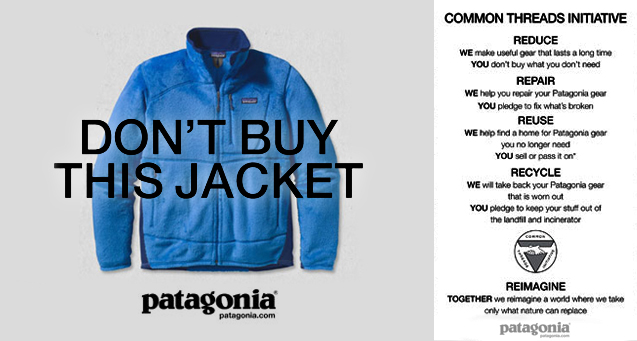
The ad is amazing for many reasons. First of all, the jacket looks really nice and I want it. Hmmm…
Secondly, the tagline is nothing if not eye-catching. I am definitely going to be reading that sidebar.
Thirdly, now that I’ve read the sidebar I feel a little ashamed that I’ve ever thrown anything out, but mostly I feel super motivated to re-imagine all my clothing from now on.
Finally, I wish all my jackets were from Patagonia, so I could have a partner in my new, motivated efforts. In fact, next time I need a new jacket, I think I’ll buy it from them.
And Boom. Long game won.
If that didn’t convince you, check out the copy from the full-page advertisement they placed in the New York Times.
“The environmental cost of everything we make is astonishing. Consider the R2 Jacket shown, one of our best sellers. To make it required 135 liters of water, enough to meet the daily needs (three glasses a day) of 45 people. Its journey from its origin as 60% recycled polyester to our Reno warehouse generated nearly 20 pounds of carbon dioxide, 24 times the weight of the finished product. This jacket left behind, on its way to Reno, two-thirds its weight in waste.
And this is a 60% recycled polyester jacket, knit and sewn to a high standard; it is exceptionally durable, so you won’t have to replace it as often. And when it comes to the end of its useful life we’ll take it back to recycle into a product of equal value. But, as is true of all the things we can make and you can buy, this jacket comes with an environmental cost higher than its price.
There is much to be done and plenty for us all to do. Don’t buy what you don’t need. Think twice before you buy anything. Go to patagonia.com/CommonThreads, take the Common Threads Initiative pledge and join us in the fifth R, to reimagine a world where we take only what nature can replace.”
Holy shit. You got me.
Fundraiser for the Earth
This Black Friday, Patagonia did sell — but kept none of the money. So you could call that unselling.They’re donating every single cent to charity. Specifically, to under-represented charities dedicated to safeguarding the planet. In what customers have dubbed a Fundraiser for the Earth, Patagonia cleared $10 million in one day.
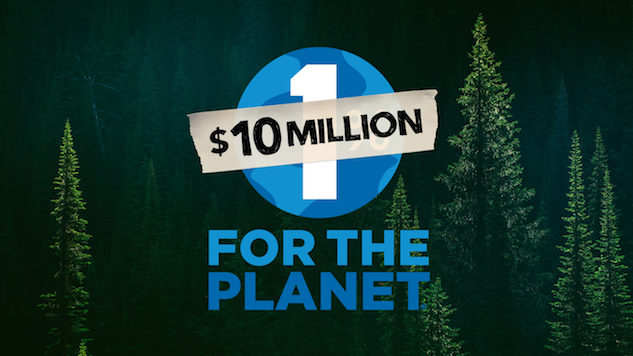
This is a genius move, and although it’s one that only a big brand with established values could make, there are nevertheless things to learn from it. Mainly, that customer loyalty is really, really key. If you shell out cash on short-term marketing only, you can be sure you’ll be shelling out just as much cash (or more) several years down the line. If you spend your budget on customer loyalty, your base will grow and your costs will shrink. It’s like a twisted, marketing version of teach a man to fish.
I, for one, will always think of Patagonia when it comes to outdoor gear now. Granted I live in FL, so not much outdoor gear is required…but you know what I mean.
#OptOutside
Not convinced? Consider this stellar campaign from REI, another outdoor goods retailer. Last year, in a ballsy move, the company tried to persuade its customers to buy nothing at all on Black Friday and instead suggested they #OptOutside. Then they went a step further by closing their 143 stores, and paying their 12,000 employees so they could spend the day outdoors.
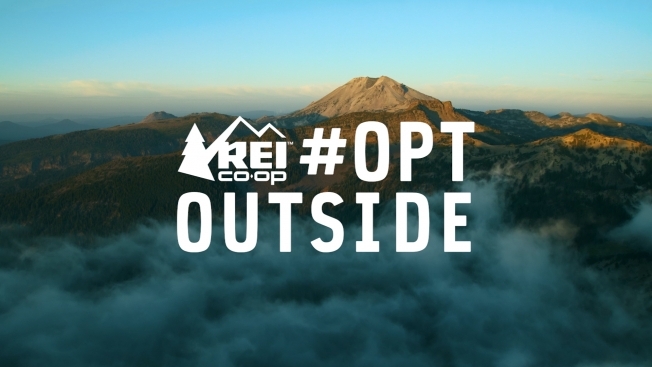
In addition to standard marketing collateral, the company created an interactive map that finds outdoor activities near you, sent hiking packs to online influencers, and created the #optoutside hashtag and meme generator in the hopes that the campaign would go viral (it did.)
Their 2015 success included sparking a national conversation about their abandonment of Black Friday, and winning nine awards at the 2016 Cannes Lions International Festival of Creativity. Their goal was to reinforce their brand identity and encourage people to shop at their stores in the longterm. They achieved a significant rise in membership in the months after the campaign, something that’s far more valuable to them than single-day sales.
They re-ignited the campaign this year, with more success, and made this really lovely video that makes me want to sleep in a forrest tonight.
Bullshit
A post on unselling wouldn’t be complete if I didn’t also mention the card game Cards Against Humanity. If you haven’t heard of it, Cards Against Humanity is a demented, hilarious, twisted take on Apples to Apples, with the general goal being to be as offensive and inappropriate as possible.
The founders of the game hate Black Friday, and their hatred lead them to make a genius move back in 2014. The stunt involved removing all the products from their online store, and replacing it with Bullshit. Customers could purchase said Bullshit for $6 a poop (It sold out in less than 2 hours), and some time later received a package of pasteurised bull faeces in the mail.
Here, you can watch this unboxing video while you wipe your eyes…
Although this stunt technically made them money, the bullshit cost far less than their actual product, so it gets an honorable mention in the tomes on unselling.
In 2015, the company continued their Black Friday tradition by selling nothing at all, for $5. They took in $71,145. If you want to know what they spent it on, their expense report is online here.
This year, the company requested donations from its customers so that they could dig a hole. They made $100,000, which was enough to keep them digging until Sunday morning. They built a website in honor of the stunt, and had an FAQ section which included this gem:
Why aren’t you giving all this money to charity?
Why aren’t YOU giving all this money to charity? It’s your money.
I don’t know about you. But Cards Against Humanity are now officially my favorite company and I will insist on purchasing them for my Grandmother this Christmas…unless my Mother steps in…which she might.
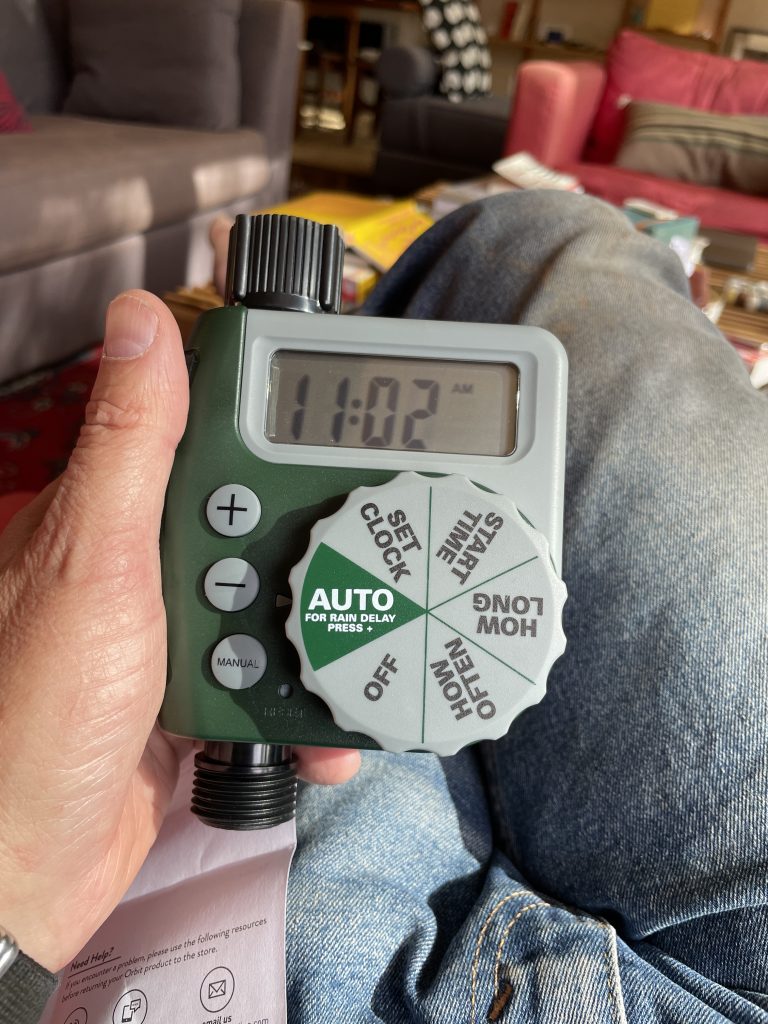
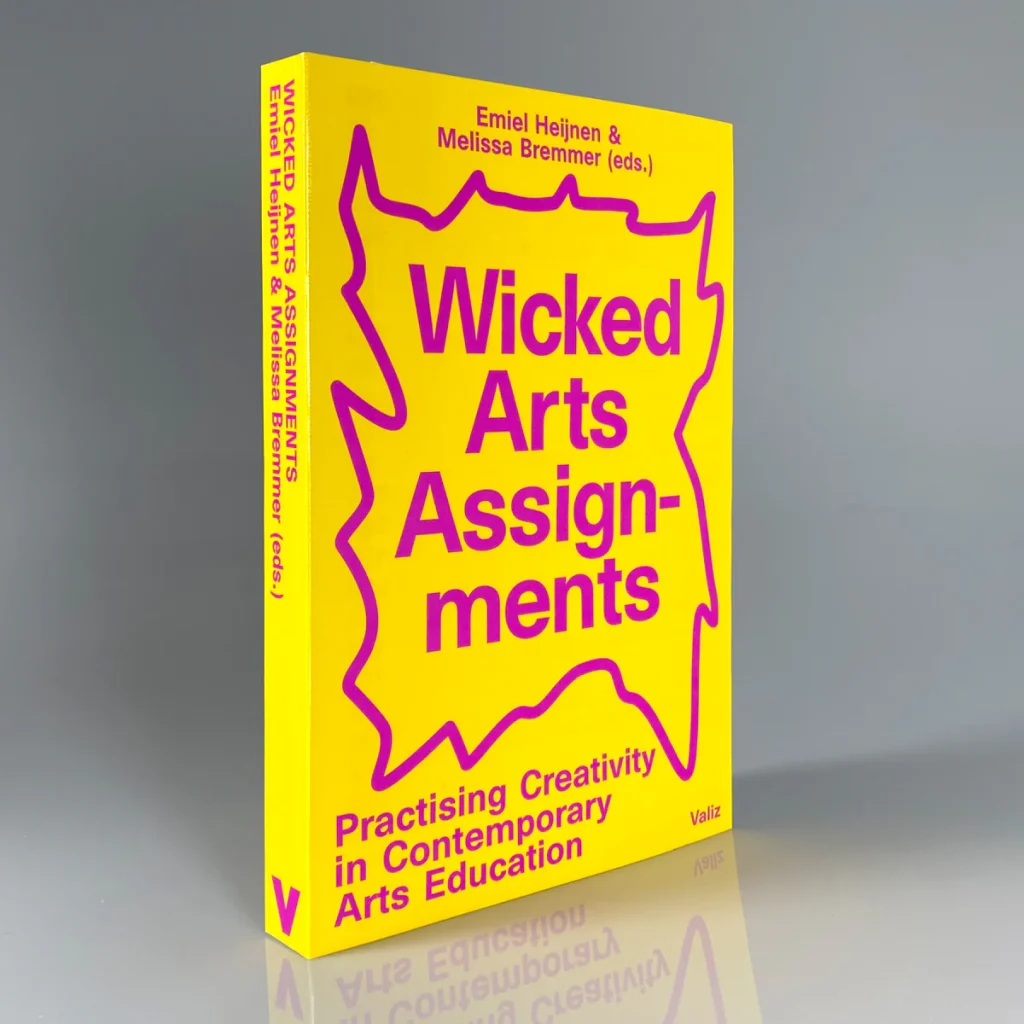
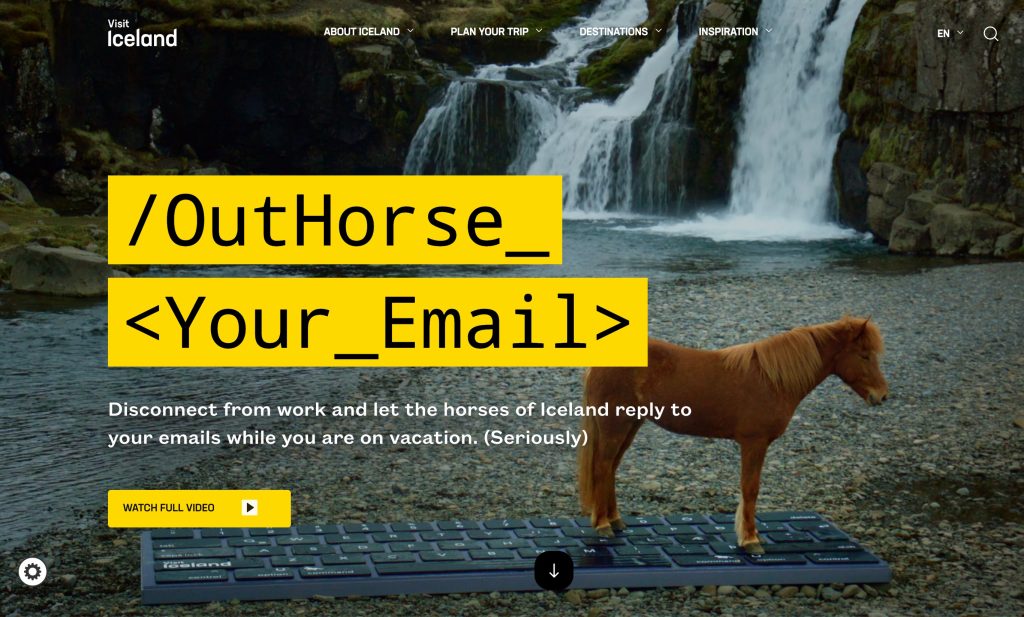
Leave a response
Responses
No responses